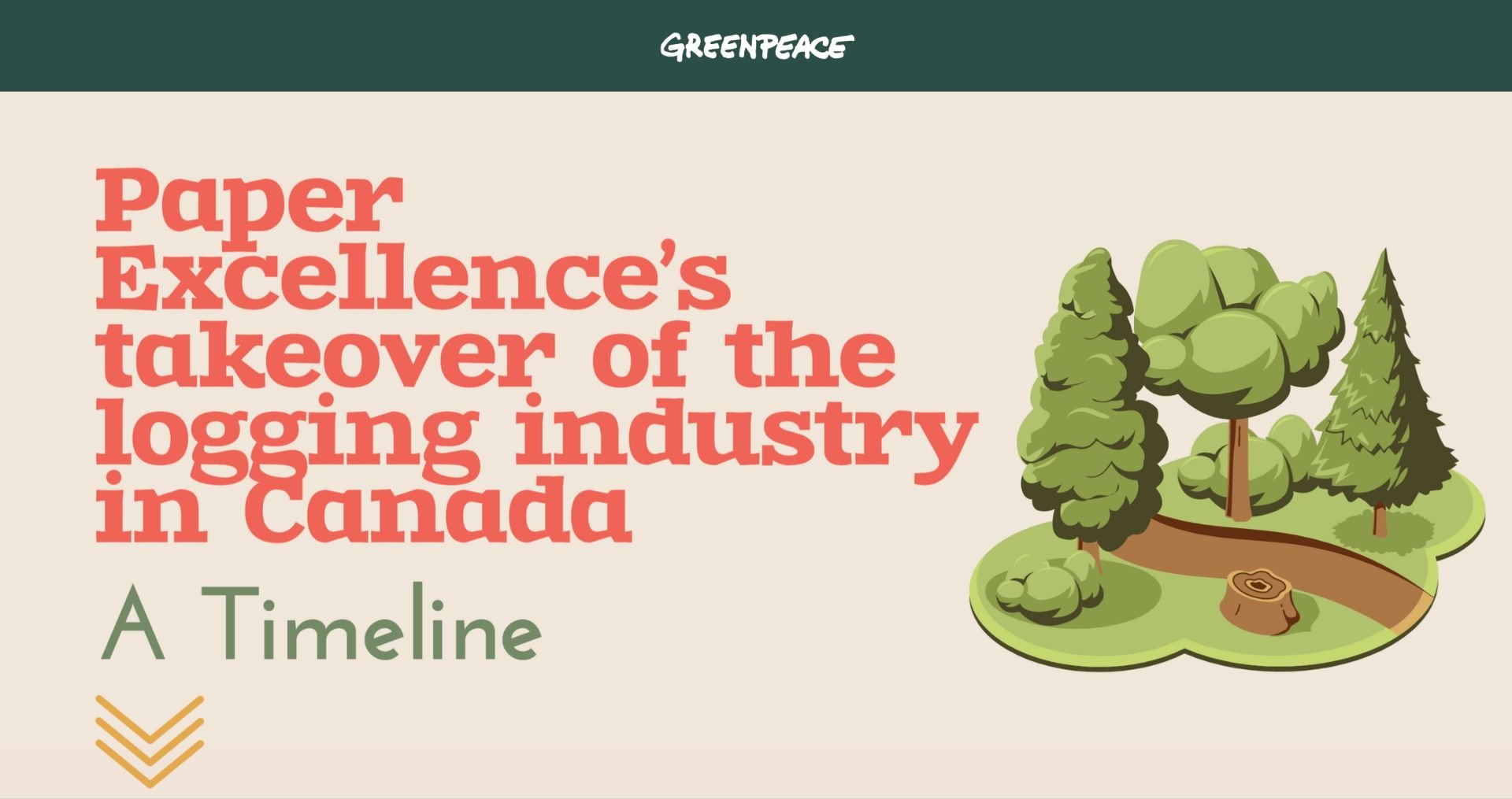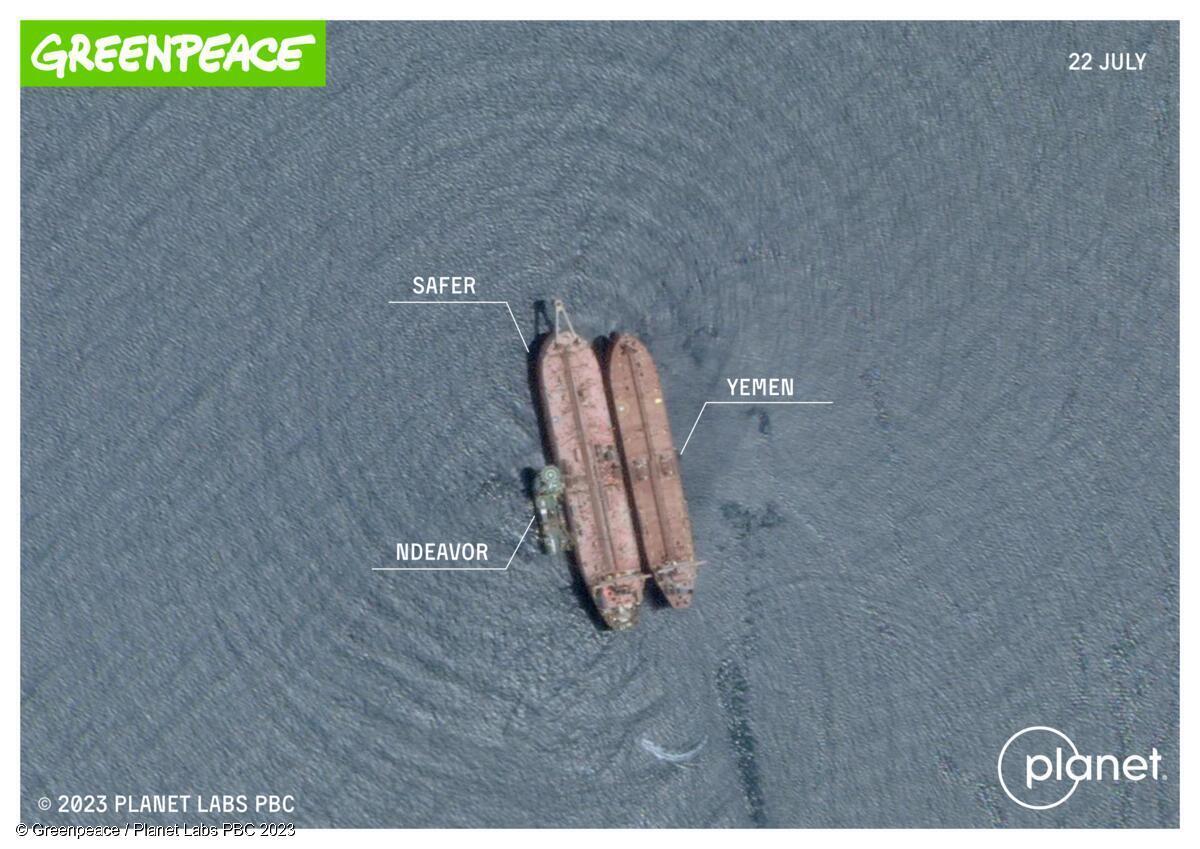Poilievre’s vision? Bringing ‘Drill, Baby, Drill’ to Canada like it’s a hot new trend. 😐
Pierre Poilievre has framed Bill C-69 as a ‘gatekeeper’ to economic growth and has repeatedly vowed to repeal it. Poilievre and his ‘oilpatch politician’ friends thought they were pretty clever when they nicknamed it the “No More Pipelines Act” or the “Don’t Build Anything Anywhere Act”.
Bill C-69, passed in 2019, created the ‘Impact Assessment Act’ to ensure that major projects consider effects on biodiversity, water, communities, and Indigenous rights—not just profit. In other words, it protects people and nature from unfettered exploitation, which is only a negative thing if you want to speed up logging projects, mining projects, oil and gas projects, and dams for your rich friends.
So let’s dive into what repealing this Bill would actually do—beyond the repetitive catchphrases that this Maple MAGA leader adores.
1. Repealing Bill C-69 would rush approval for projects like mines, pipelines, logging projects, and highways, with fewer environmental safeguards.
2. Second, local communities, including local Indigenous Nations, would lose some of their ability to have a meaningful say in how these projects would impact their lives and lands.
3. Finally, without Bill C-69, wildlife and ecosystems would face greater harm, as projects with huge environmental risks would be able to go ahead without any scrutiny.
Let’s be clear about what Poilievre isn’t saying outloud: Repealing Bill C-69 means projects could go forward without having to assess or mitigate their environmental impacts, putting wildlife and waters across Canada at serious risk.

More than 2,000 wild species face a high risk of being wiped out in Canada, including the northern spotted owl, of which there is only ONE left in the wild in Canada. Whale species, like the Blue Whale and the North Atlantic right whales, are also at risk. Without protections like Bill C-69, we could see this number rise as projects destroy critical habitats.
And Poilievre wants to frame all of this as “making it easier to build things.” Well, sure—it’s easier to build when you don’t have to worry about the impact on the environment or local communities. And who gets to build? Big mining, logging, and oil companies who have always cared more about their profits than people and nature.
Poilievre has this way of framing everything he does as ‘for regular people like YOU,’ when in reality, it just makes the rich richer (sounds familiar….). It’s the mining, logging, and oil companies that benefit from repealing legislation like this. So while he claims to want to “remove bureaucracy,” what he’s really doing is removing the protections that keep us (and nature) safe from corporate greed…which is like playing Monopoly and pretending we’re going to win by giving the top players Get out of Jail Free cards, or just by letting them cheat.
Pierre’s rhetoric also suggests that Bill C-69 is a gift to “environmental LOONS” like us. But that’s weird framing. Environmentalist groups didn’t get everything they wanted.’ The bill balances environmental protection, Indigenous rights, and development. It’s a step forward, not a win for just one group—which is kinda the whole point of laws.
Plus, it’s not like this legislation is even there to stop any and all development—it’s there to ensure companies have to be responsible when they do develop. Poilievre is trying to frame responsible and considered decision-making as radical or silly. Meanwhile, laws like Bill C-69 are really just a recognition of scientific fact: there are only so many resources available. Plus, viewing nature simply as a set of resources to use for financial gain, is fundamentally colonialist anyway—which is a topic we can dive into next time.
Anyway…nice try, Pierre, but it’s not a scary thing to have protections for people and nature—it’s just common sense 😉 And let’s not forget, the mining, logging and oil companies had a say in this too. ‘Environmentalists’ are not the only players in the room; but, surely neither should the resource extraction industry be? After all, you can’t have your tree and chop it down, too.



